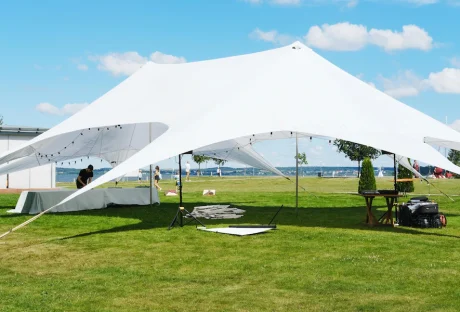As teenagers navigate the complex world of friendships, they often encounter various challenges that can impact their emotional well-being and social development. As a parent or guardian, you play a crucial role in guiding your teenager through this stage of their life. By offering support, understanding, and valuable advice, you can help your teen build and maintain healthy friendships. In this article, we will explore some valuable tips to assist your teenager in navigating their friendships with confidence and resilience.
Encourage Open Communication

Establishing open lines of communication is essential when it comes to supporting your teenager’s friendships. Encourage them to express their thoughts and feelings about their social interactions. Be a patient and attentive listener, and avoid being judgmental or dismissive. By creating a safe space for your teen to share their experiences, you enable them to develop a deeper understanding of their friendships and gain valuable insights into their own emotions.
Foster Empathy And Understanding
Teens often struggle with understanding and empathizing with others. Encourage your teenager to put themselves in their friends’ shoes and consider different perspectives. Help them recognize that everyone has their own struggles and insecurities. Teach them the importance of active listening and validating their friends’ feelings. By fostering empathy, your teen will build stronger and more meaningful connections.
Teach Conflict Resolution Skills
Friendship conflicts are inevitable, and it’s essential to equip your teenager with the necessary skills to navigate them effectively. Teach them the importance of addressing conflicts directly, respectfully, and without aggression. Encourage them to express their feelings assertively and actively listen to their friends’ perspectives. By teaching your teen how to find common ground and seek solutions, you empower them to maintain healthier and more resilient friendships.
Promote Self-Confidence And Self-Worth
Teenagers often face insecurities and peer pressure, which can negatively impact their friendships. Help your teenager develop a strong sense of self-confidence and self-worth. Encourage them to engage in activities they enjoy and excel in. Celebrate their strengths and achievements, and remind them that they are valued for who they are. A confident teen is more likely to attract positive and supportive friendships.
Teach Them To Navigate Their Friendships Online
In today’s digital age, friendships extend beyond face-to-face interactions and often occur online or through social media platforms. It is crucial to help your teenager understand the unique dynamics and challenges of navigating friendships in the virtual world. Social media comes with comparison, curated highlights, and peer pressure to participate in risky online activities.
Online interactions can sometimes lack the nuances of face-to-face communication, leading to misunderstandings and conflicts. Encourage your teen to practice empathy and kindness in their online interactions. Remind them to think before they post or comment, and to consider how their words may impact others. Encouraging positivity and support online will help them cultivate healthier and more meaningful friendships.
Discuss Healthy Boundaries
Friendships require boundaries to thrive, and it’s crucial for your teenager to understand this concept. Talk to them about setting limits, respecting personal space, and recognizing when a friendship becomes toxic or unhealthy. Encourage them to prioritize their well-being and understand that it’s okay to distance themselves from negative influences. By promoting healthy boundaries, you empower your teenager to maintain healthier and more balanced relationships.
Encourage Diverse Friendships
Encourage your teenager to embrace diversity and build friendships with individuals from various backgrounds, cultures, and interests. Help them understand the value of expanding their social circle and learning from different perspectives. Encouraging diversity in friendships can broaden your teen’s horizons, enhance their social skills, and foster a more inclusive worldview.
Lead By Example
As a parent or guardian, you are your teenager’s primary role model. Show them how to maintain healthy friendships by exemplifying positive relationship behaviors in your own life. Demonstrate good communication skills, empathy, and respect when interacting with your own friends and acquaintances. Your actions speak louder than words, and your teenager is likely to emulate the behaviors they observe from you.
Navigating friendships during adolescence can be challenging, but with your guidance and support, your teenager can develop the skills necessary for building meaningful and supportive connections. Encourage open communication, empathy, and conflict resolution skills. Foster your teen’s self-confidence and help them establish healthy boundaries. Promote diversity in their friendships and lead by example. By implementing these tips, you can equip your teenager with the tools they need to navigate their friendships successfully and build lasting relationships that contribute to their overall well-being.
Additionals:
- What is Neuroticism?
- Panic Attacks: What You Can Do
- Ways to Emotionally Deal with Chronic Illness























